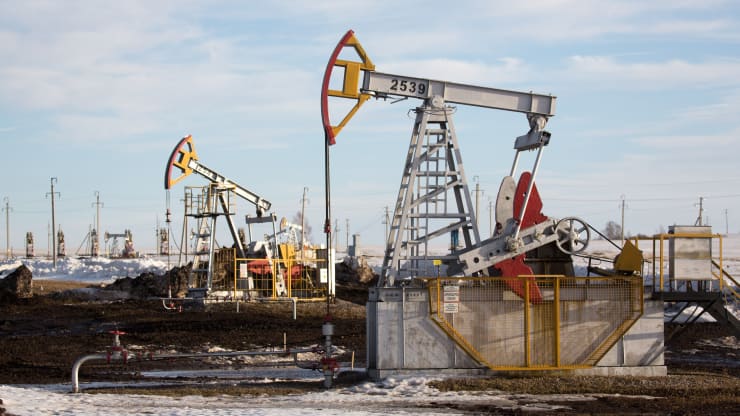It’s been a relatively timid start to the week which is perhaps not overly surprising given the rather eventful period we’ve just experienced.
Going into a new week, the dominant theme in the market is the same and will be for some time. The last couple of weeks has only elevated that as central banks have shifted into a higher gear and markets have continued to price in ever more tightening.
In the case of the ECB, a handbrake turn on interest rates has certainly not gone unnoticed and everyone will be clinging to their every word in the coming weeks ahead of the March meeting.
What has been encouraging is that we haven’t seen the same level of anxiety in the markets to the moves. Sure, Europe has some catching up to do as we saw last week and tech has looked a little vulnerable, but broadly speaking, volatility has remained but the falling knife scenario appears to be behind us.
And with so much now priced in – of course, there’s always room for more – we could see investors taking some comfort from the fact that the worst appears to be behind us. One thing that will help on that front is an easing of inflationary pressures or at least some indication of that happening.
This week’s inflation data is unlikely to provide that and we’re probably a couple of months from the peak. So while that will bring some anxiety if we’re once again seeing above estimate numbers, it’s things like the surveys that could provide hope that we’re on a better trajectory.
Until then, the Fed minutes this week and the various commentary from central banks are unlikely to make for good reading and listening. Policymakers now know they can’t be seen to be taking inflation too lightly. They’ve bought as much time as they can. They now need the data to do them and the rest of us a favour.
Oil rally stalls as nuclear talks take a step forward
Oil prices are a little flat at the start of the week with the rally losing a little momentum after nuclear talks between the US and Iran appeared to make positive progress. It seems we’re into the final stretch, one way or another, and Biden’s decision to restore sanction waivers could signal that they’re heading in the right direction.
Biden has an additional incentive to reach a deal, given the sky-high crude prices and what a deal could do to ease the tightness in the market just before the midterms. He’s tried a coordinated SPR release and let’s be honest, it achieved very little. This could make a real difference at a time when crude appears destined for $100 and OPEC+ can’t hit their output targets.
Gold continuing to find support
Gold is once again pushing higher even as central banks continue to gravitate towards the markets view on inflation. The ECB was the latest to concede defeat – or at least signal it soon will – while interest rate expectations elsewhere are rising. Even against this backdrop, gold remains in favour and has driven its way back above $1,800.
Whether it’s safe-haven flows or the belief that central banks aren’t doing enough to get to grips with inflation, the yellow metal is continuing to see plenty of love. The next test is around $1,830 where it’s struggled in the past, with the January highs around $1,850 then key.
Is the worst behind it for bitcoin?
Bitcoin hasn’t only weathered the recent storm, it’s managed to rally through a key resistance level and generate some decent upside momentum as well. It’s been a mixed week for risk assets but bitcoin is finding some form and the break of $40,000 could be key to it continuing to build on that. We’ve seen what bitcoin can do once it gets moving and while it’s still early days, there’s certainly reason to think the worst may be behind it. The next big test is $45,000.





































